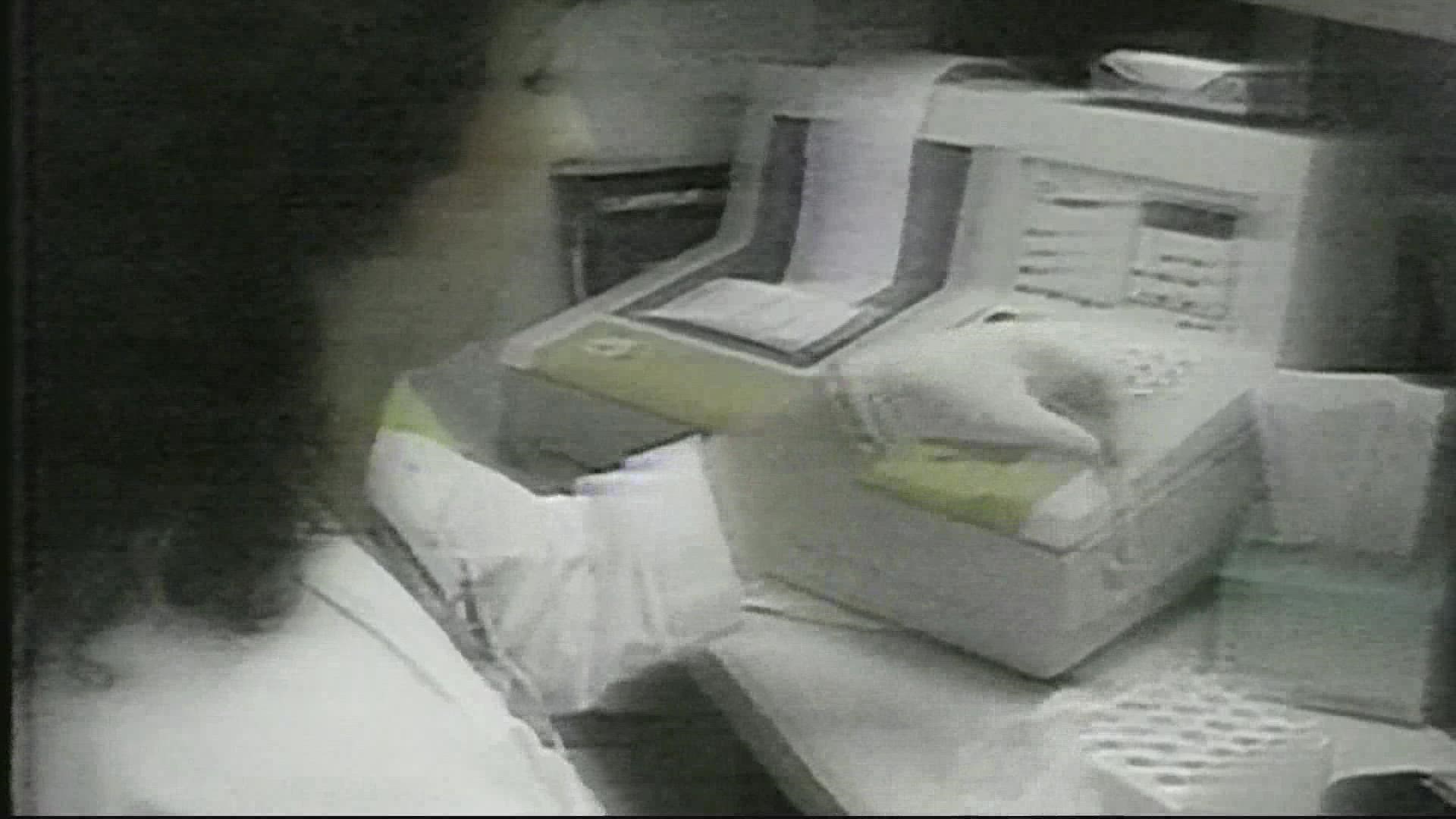WASHINGTON — Christian Morris will never forget the moment he realized he could not donate blood in high school. It was an experience he described as traumatizing.
He learned the Food and Drug Administration (FDA) banned gay and bisexual men from donating blood, a policy that stemmed from the 1980s during the HIV epidemic when many people who were diagnosed with the virus died amid plenty of misunderstanding and panic.
The current FDA policy allows gay men to donate blood if they have not been sexually active for three months. That changed guidelines initiated in 2015 when the administration announced relaxing rules to allow men who have sex with other men to donate blood if they remained celibate for 12 months.
Despite advancements in science and the ability to test if HIV is present in any donated blood, the federal agency continues its restrictions decades later.
At a time when the American Red Cross announced a blood shortage crisis earlier this year, many in the community view the federal rule as discriminatory.
"This is actually a relic," Morris told WUSA9. "At least let us do our part."
Morris is hoping to make a difference many years later by participating in the ADVANCE study, a pilot funded by the FDA that could lead to major changes in its blood donor deferral policy for gay and bisexual individuals.


Also known as Assessing Donor Variability And New Concepts in Eligibility, the study collects data to determine if the kind of sexual activity poses more of a risk, rather than solely relying on sexual orientation.
"The ADVANCE study is a first step in providing data that will help the FDA determine if a donor history questionnaire based on individual risk would be as effective as time-based deferral, in reducing the risk of HIV in the blood supply," according to the website.
Eight cities including Washington, D.C., are participating in the study, which launched last year. Out of the target number of 2,000 participants, 1,300 have already enrolled.
The Whitman-Walker Institute helped with the planning of the study. It is one of several organizations collaborating with the FDA to make necessary changes.
"We appreciate that the FDA knows that this is not the right policy ultimately or not the policy they want to adopt," said Whitman-Walker Institute Senior Director of Policy Dan Bruner. "I certainly understand their point of view that they have the evidence to support moving to a policy would justify or support asking people specific screening questions based on their individual behavior and know that that would protect the blood supply."
The process includes a survey to determine if the individual is qualified. As soon as they provide informed consent, they will fill out a questionnaire that will ask about their sexual history within the last few weeks and months. A blood sample is collected and tested for HIV and the anti-retroviral drugs found in pre-exposure prophylaxis (PrEP).
Once results are returned, the participant will complete another questionnaire.
Morris, who has become a community engagement specialist for Whitman-Walker, is hopeful for the final results, which could be compiled and analyzed later this year by scientists before being reviewed by the FDA.
"I know the science hasn't come out yet but we're showing that there's not a lot of correlation between what we assume are risky behaviors these days and actually HIV prevalence rate," Morris said.
Open enrollment will last through September. The site for the study in D.C. takes place at American Red Cross - National Headquarters.
If you are interested to learn more information or volunteer, visit www.advancestudy.org.

